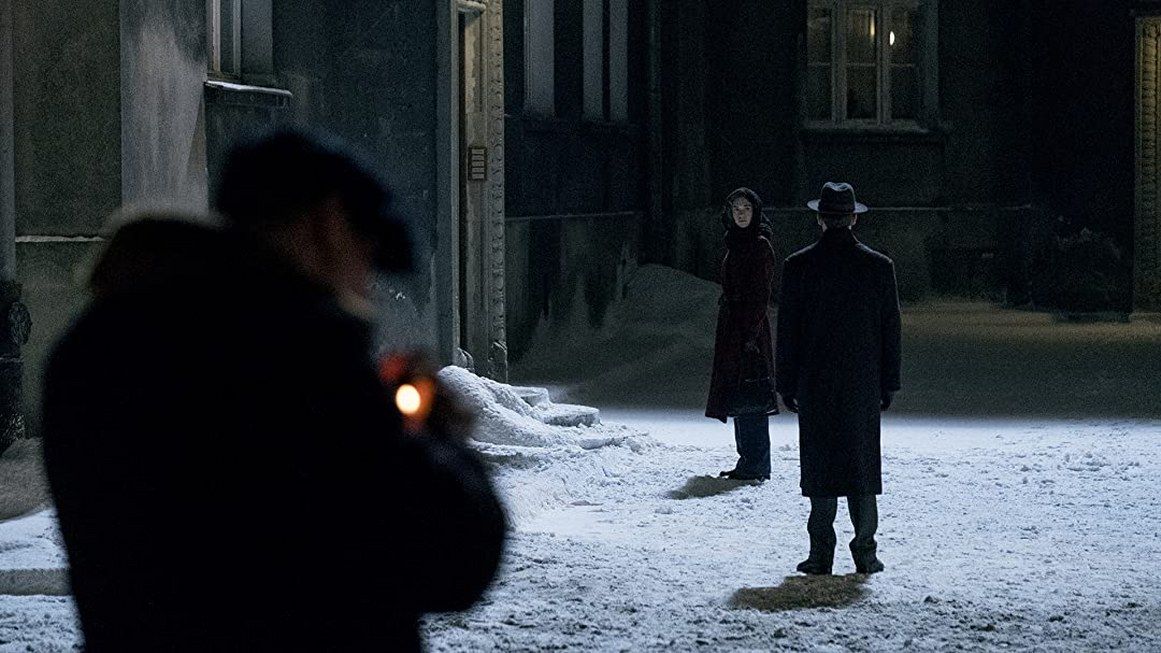Walter Duranty and The New York Times have blood on their hands in this historical re-enactment.
The scene is Moscow, the year is 1932, and two reporters are in a venomous argument. One has just admitted to filing false stories attributing miraculous economic achievements to Joseph Stalin while ignoring the fact that he’s systematically starving peasants by the millions. Hitler, she declares, is on the march in Germany and, soon, the rest of the world, and without Stalin’s help, he’ll never be stopped.
“You sound like you work for Stalin!” the other reporter declares in horror.
“I don’t work for Stalin,” the first reporter haughtily insists. “I believe in a movement that’s bigger than any one person.”
Shuffle some names, faces and insert the phrase “moral clarity” in there somewhere, and this could be a right-this-minute conversation between American journalists. And as the remarkable and riveting Mr. Jones makes appallingly clear, the first one didn’t end well.
Mr. Jones is a 2019 Polish-Ukrainian-British film that’s been kicking around European film festivals for the past year but is getting its first real exposure this month on Amazon Prime. Directed by Polish filmmaker Agnieszka Holland (known for a series of movies about the Holocaust, including the Oscar-nominated Angry Harvest) from a first-time script by Ukrainan-American journalist Andrea Chalupa, it resurrects two little-remembered tales of the 1930s. One is Stalin’s deliberate infliction of a famine on the peasants of the Ukraine that killed between four million and seven million of them. The other is how Western journalists, particularly those of The New York Times, deliberately covered up the mass murder.
Glenn Garvin – Reason – June 27, 2020.




